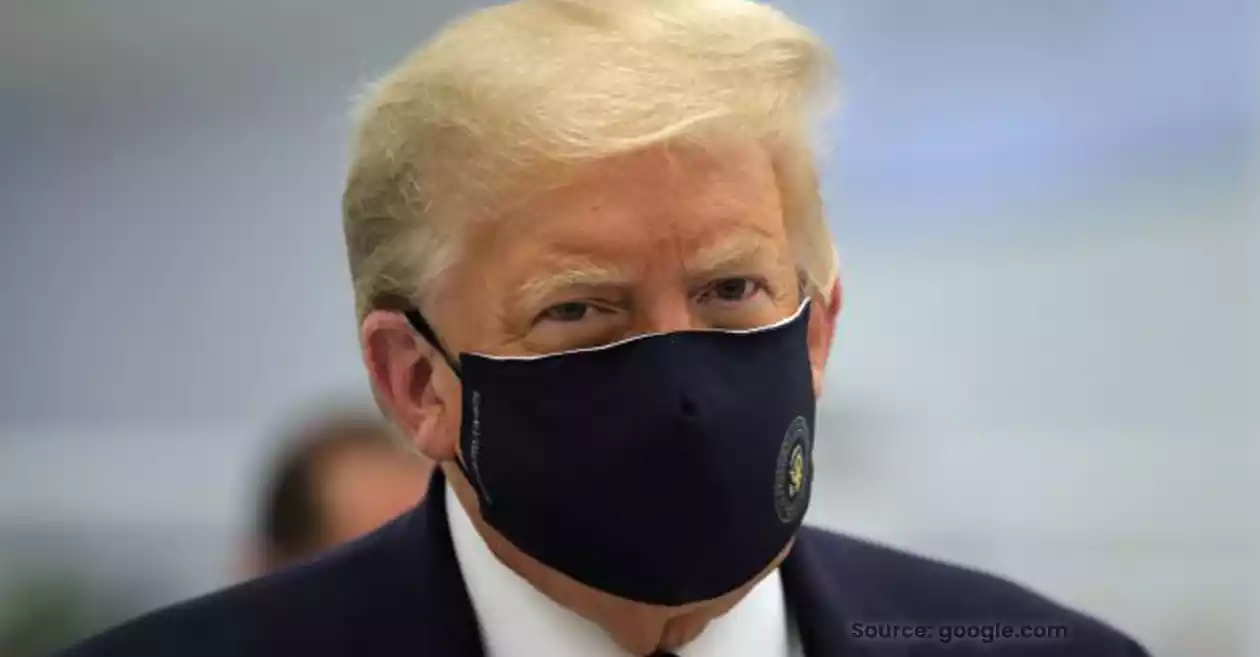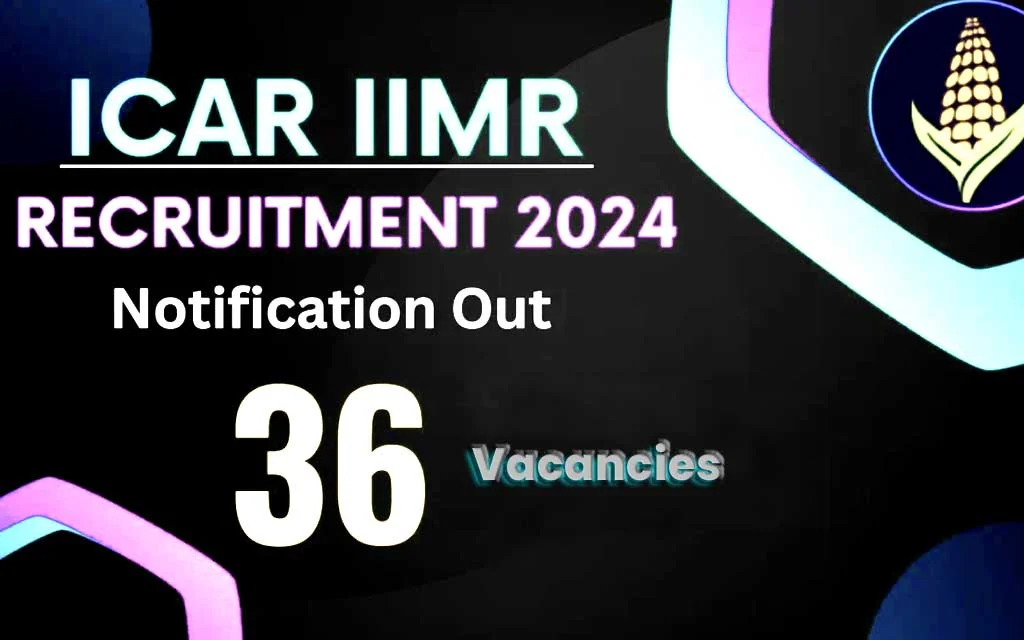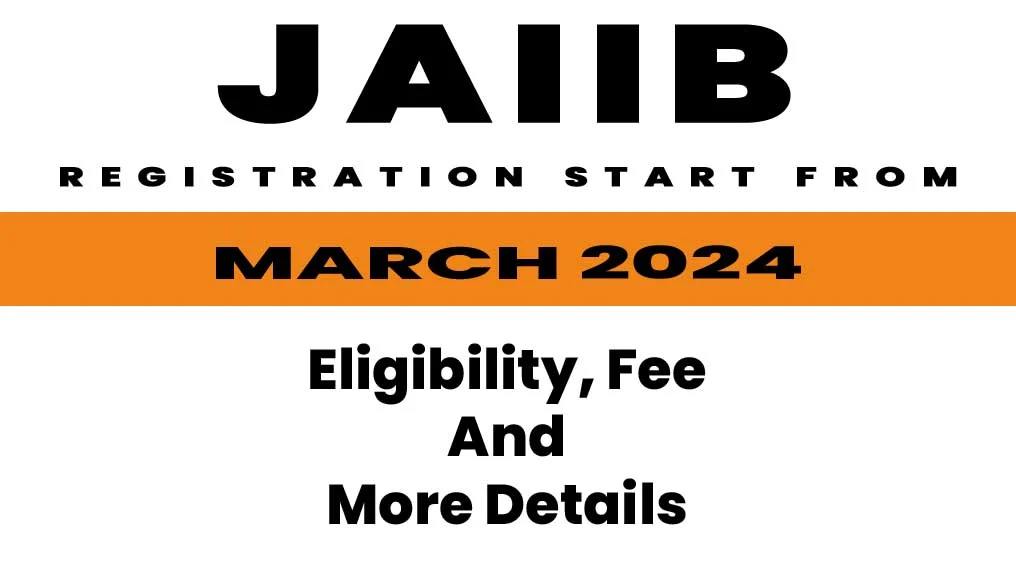Europe cannot “vote” in the 2024 US presidential election, but it can and should prepare for the implications of a Democratic or Republican victory on a horizon that ranges from the scope of the future direction of Washington’s foreign policy.
Particularly with regard to China and the support to war-torn Ukraine-, security guarantees against allies and in general relations with its international partners, to the economy, energy and climate, as well as its adherence to international institutions and multilateral cooperation.


Against the background of the election campaign that “opens” for the 2024 presidential ballot, in which Democratic President Joe Biden is running for re-election against the Republican “camp” that, at least according to the current opinion polls, appears to be “choosing” Donald Trump, the “think tank” European Council on Foreign Relations (ECFR) is proceeding with a “x-ray” of the points of convergence and divergence between Democrats and Republicans, and the possible implications of the outcome of the American elections for Europe.
The main “message” from the pan-European think tank is that European leaders cannot simply hope to be able to respond to potentially dramatic changes in US policy in the coming years.
But must now formulate policies and take measures to strengthen and protect their own position in a changing world amid Russia’s war in Ukraine, growing Washington-Beijing rivalry, and more.
Democrats and Republicans align on issues such as competition with China, protection of domestic production, foreign trade and industrial production, access to strategic technologies, but also “disengagement” from foreign interventions and the fronts of the Middle East. Some degree of continuity in American foreign policy will be won regardless.
But the distance between the two parties is great in areas of vital importance to Europe, such as Washington’s next steps in terms of support for Ukraine, action against climate change and investment in renewable energy sources, but also as such (more or less transactional) relationship of the country with its allies.
Conflicting trends and lines exist within both Democrats and Republicans at the same time, and their influence will come to shape the attitude of future administrations. With regard to the US’s position in the world and its military presence, the “camps” are divided between those who favor limited engagement on international fronts, others who prioritize the Indo-Pacific, and champions of US global hegemony.
America is changing, and so is its foreign policy, they point out in the extensive analysis co-authored by Celia Bellin, senior fellow and head of the European Council on Foreign Relations office in Paris and former adviser to the French foreign ministry.
On relations with the US , Mazda Rugh, senior fellow at the think-tank and former researcher at Johns Hopkins University, as well as Jeremy Shapiro, director of Research at ECFR, visiting senior fellow at the Brookings Institution and former State Department adviser on Europe under the Obama administration.
For most EU member states, the alliance with the United States is central to their foreign and security policy. However, the tumultuous years of the Trump administration and the change in foreign policy in the early stages of the Biden presidency have proven beyond any doubt that the “Old World” that America built, and the old deal it made with Europe, will not be preserved for too much, according to analysts.
Also Read :
- Business, Party And The 2024 Election: What Trump Will Do After Leaving The Presidency?
- Hunter Biden: Sues Rudy Giuliani, Accusing Him Of ‘Hacking’ His Laptop With ‘Dirty’ Secrets
For European countries, still heavily dependent on US security guarantees, navigating the turbulent world of US domestic and foreign policy remains a matter of existential importance. Accordingly, Europe’s concern about a Republican president in the White House in 2025 is particularly high. A prospect of Donald Trump’s return is often raised as an argument for the need for greater European strategic autonomy.
Republicans will always define their policy in opposition to Democrats, but according to ECFR it will matter a lot whether it is Trump, Ron DeSandis, Nikki Haley, Mike Pence or another Republican who takes up the White House.
And in this light they emphasize that Europe must put their positions under the “microscope” in time. The Trump wing “sees” the war in Ukraine in a completely different light than most Republican leadership in Congress. On the opposite… bank, the progressive wing



